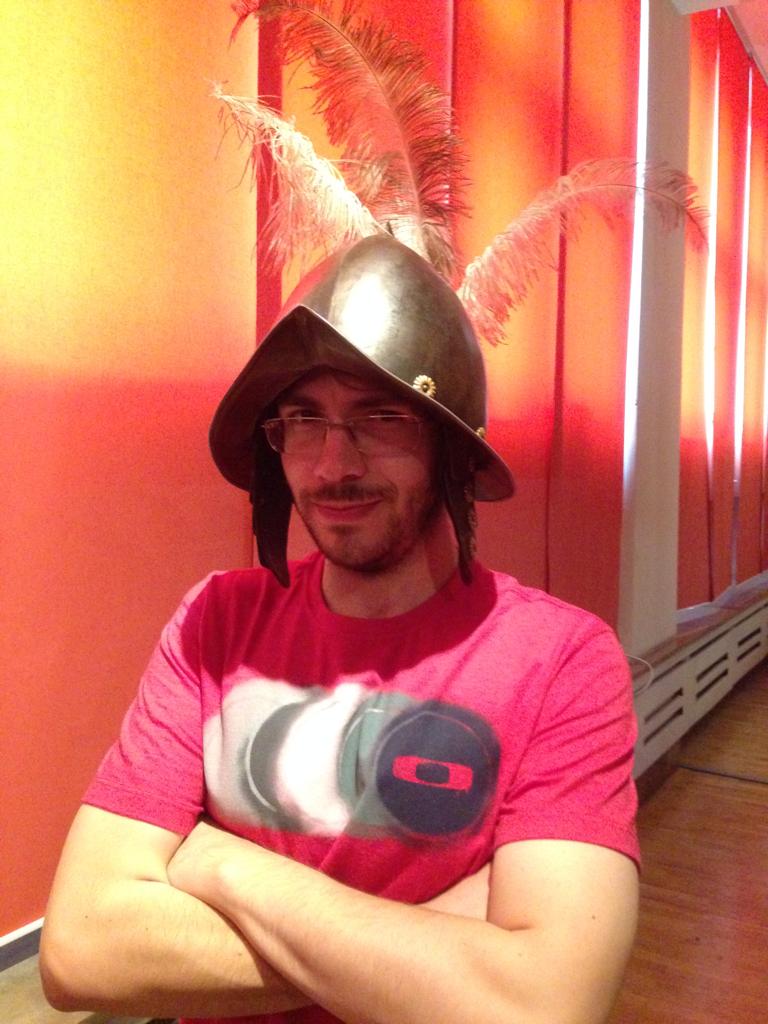 I’ve received support from Fusenet to go to Karlsruhe and participate in a fusion-related project at the Tritium Laboratory Karlsruhe (TLK), in the Karlsruhe Institute of Technology (KIT). Being one of the fuels for fusion reactors, tritium will have to be bred in the reactor blanket, and later extracted. Since research on extraction systems is being developed in KIT, and I wanted to contribute to tritium breeding technologies, I chose to do the Master's project for my Science & Technology of Nuclear Fusion program there.
I’ve received support from Fusenet to go to Karlsruhe and participate in a fusion-related project at the Tritium Laboratory Karlsruhe (TLK), in the Karlsruhe Institute of Technology (KIT). Being one of the fuels for fusion reactors, tritium will have to be bred in the reactor blanket, and later extracted. Since research on extraction systems is being developed in KIT, and I wanted to contribute to tritium breeding technologies, I chose to do the Master's project for my Science & Technology of Nuclear Fusion program there.
As a goal, I had to study the gas loss through steel in one of their experimental setups. This wasn’t straightforward because some parameters that govern this process are significantly scattered in literature. To address that, I proposed to simulate the complete process and compare the results with experimental measurements. This was incredibly fun, as I had to figure out which different phenomena would be happening, research them and use all my physics and chemistry knowledge to model them. In the end I’ve modelled several phenomena: gas expansion, adsorption, dissociation, diffusion, etc; the interdisciplinarity was very fulfilling.
My period in KIT was also very fruitful.I’ve learned a lot from the personnel at TLK and even had the opportunity to watch presentations by acouple of Physics Nobel prize winners, during the inauguration of the KATRIN experiment. Additionally, during my stay I was invited to the KIT Fusion Students PhD Seminar. During the event I’ve interacted with several KIT research groups; it was an incredible opportunity to see what each field is doing to bring fusion power to the grid.
Karlsruhe is in an interesting region of Germany, with nice weather during the summer and close proximity to both Baden-Baden and the famous Black Forest. Being so close to France also allows for a couple of visits to Strasbourg, which houses the European Parliament! If you are there I strongly recommend a visit to all of them! For these opportunities and all the support, I’d like to thank FuseNet and EUROfusion, my professors at TU/e, and my local advisors at KIT!
- Tiago Pomella Lobo
